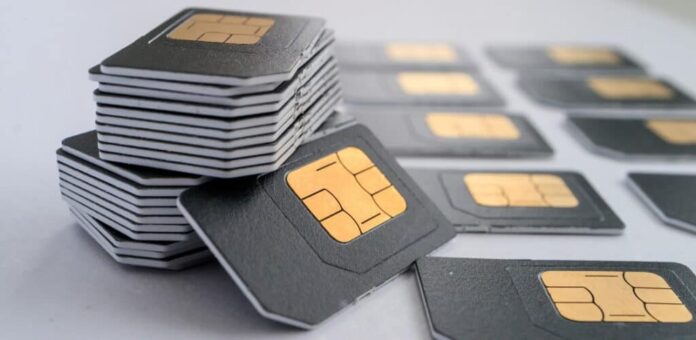In order to broaden the tax base, the government blocks SIM cards of users who have not filed their tax returns. The decision, executed by Pakistan’s Federal Board of Revenue (FBR), aims to compel compliance with tax regulations and boost revenue collection in a country where only a fraction of the population contributes to the tax system.
Government Blocks SIM Cards
The FBR issued the directive in April, leading to the blocking of 210,000 SIM cards, with only 62,000 being restored after the users complied with tax payments. This step is to enforce tax laws in a country with over 192 million cellphone subscribers but only 5.2 million tax filers from a population exceeding 240 million. Bakhtiar Muhammad, an FBR spokesperson, emphasized the necessity of this action, stating that voluntary tax compliance is rare, and such stringent measures are essential to encourage tax payment.
The Debate
The blocking of SIM cards has sparked a debate about the balance between enforcing tax laws and ensuring access to essential services. Telecommunications companies, representing over 192 million subscribers, have expressed concerns about the abrupt nature of this measure. An anonymous official from one of the telecom providers highlighted that access to telecom services is a basic human right, integral to information, education, and emergency services. These companies are in discussions with authorities, advocating for technology-driven solutions to enhance tax collection without disrupting critical services.
Digital rights activists have also voiced their opposition. Fareiha Aziz criticized the move as excessive, pointing out that not all SIM card holders earn enough to be liable for taxes. The telecommunications industry warned that such measures could deter foreign investment, labeling the policy as impractical and unworkable.
Read more: Will the Government Ban Travel for the Non-Filers?


























